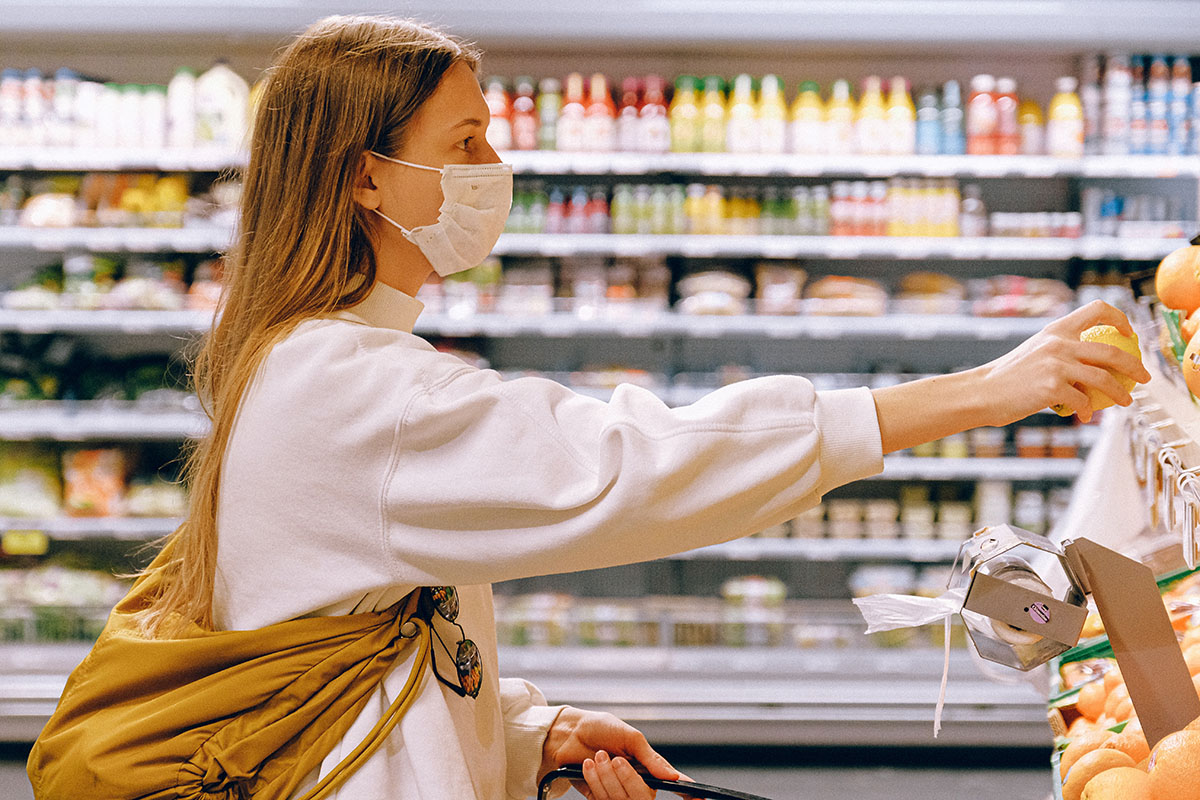
Pro-plastic organizations like the Plastic Industry Association, Bag the Ban, the Manhattan Institute and the Competitive Enterprise Institute are leveraging COVID-19 fears in a campaign to scuttle plastic bag bans. (Anna Shvets from Pexels)
On March 1, the same day New York City implemented a citywide ban on plastic bags, the city also saw its first confirmed case of COVID-19.
Stores struggled to phase out plastic and appealed for deadline extensions as shoppers adjusted to the use of reusable bags.
But soon, the coronavirus tide started rising, and everything changed.
Governor Andrew Cuomo declared a state of emergency on March 7th, followed by stay-at-home orders on March 20th and grocery shopping in the city suddenly turned into something like a hazmat operation.
And part of the solution to reduce health risks, say plastic industry lobbyists, is more disposable plastic bags.
A pro-plastic group called Bag the Ban has campaigned against laws to ban single-use plastic, telling the Boston Herald in a March 22 story that “we simply don’t want millions of Americans bringing germ-filled reusable bags into retail establishments putting the public and workers at risk.”
Conservative and libertarian think tanks such as the Manhattan Institute and the Competitive Enterprise Institute (CEI) have suggested reusable grocery bags are riskier than plastic.
But evidence to support banning reusable bags for health reasons is inconclusive.
The Centers for Disease Control and Prevention does not provide guidelines linking the use of reusable bags to the spread of coronavirus, but recommends washing reusable bags often to prevent food-borne illnesses.
A study at the University of Arizona and Loma Linda University found that reusable plastic bags carry bacteria, and recommended that users wash them often instead of replacing them.
Frequently cited research has shown that COVID-19 can live on plastic and stainless steel surfaces for up to 72 hours, and 24 hours on cardboard. Evidence so far has been limited to narrow temperature ranges and conditions.
A study published in February in The Journal of Hospital Infection analyzed a sheaf of previously published papers on human coronaviruses (not including COVID-19) and found that similar viruses that cause SARS and MERS stay on surfaces like metal, glass or plastic for as long as nine days.
The World Health Organization states that coronaviruses, “including preliminary information on the COVID-19 virus, may persist on surfaces for a few hours or up to several days,” and recommends disinfecting any surface that may be infected.
Read More:
In Coronavirus, Industry Sees Chance to Undo Plastic Bag Bans (New York Times)
Rightwing Thinktanks Use Fear Of Covid-19 To Fight Bans On Plastic Bags (The Guardian)
Paper Or Plastic? Bans On Single-Use Bags Tossed Out Amid Fears Of Virus Spread (WBUR)












